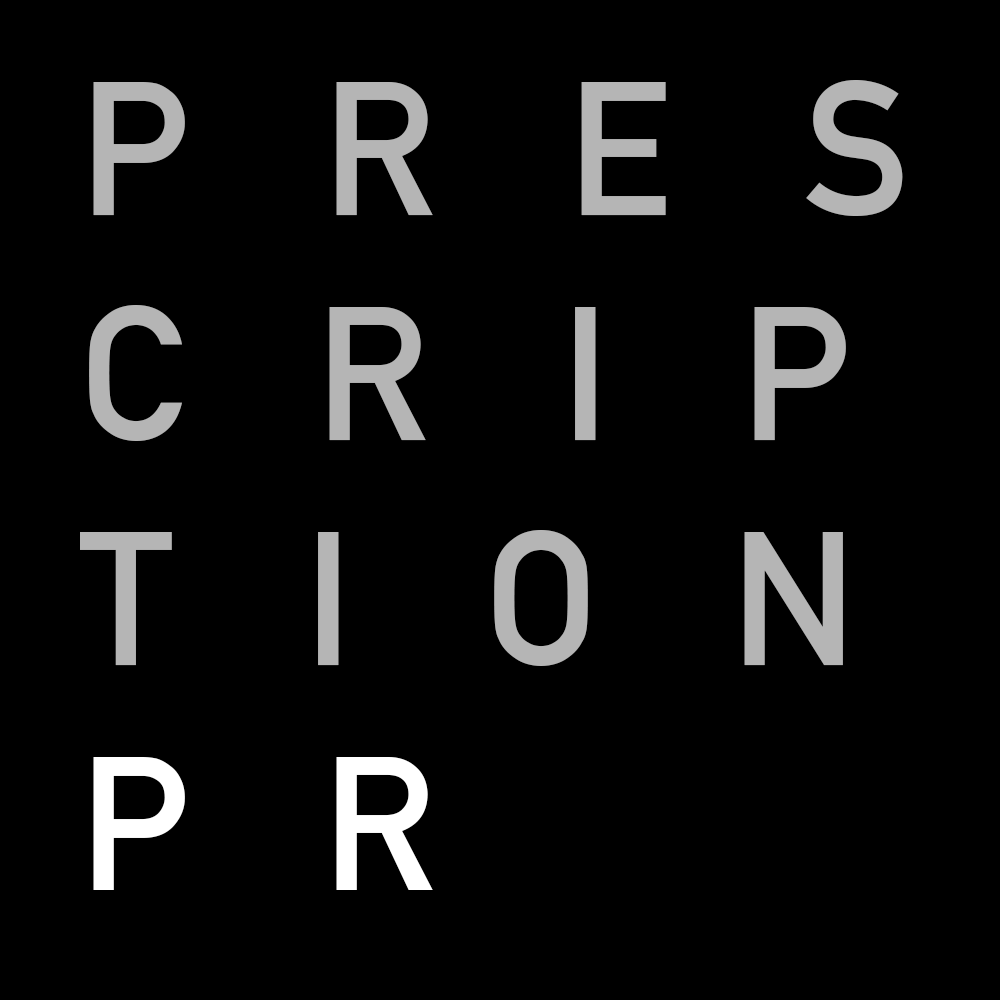How to make (and nurture) music industry contacts
Looking back over various Prescription articles recently, it occurred to me that a lot of them are focused on the ‘DIY’ aspect of music promotion. Which is fine, as all music promotion essentially starts with and by the artist – even the biggest acts on the planet had to start their career somewhere, and ‘somewhere’ usually means with a dose of self-promotion.
But it is worth remembering however that as worthwhile as DIY promo is, there is a lot to be said for not doing it yourself: if you can convince a powerful Svengali, live agent or established label to take responsibility for your career and spend a lot of money promoting it, then let’s say that the letting-somebody-else-do-it school of music promotion has its up sides too. The question is how you find these sorts of contacts, and how you nurture them. Here are some tips.
Start with people you know
The best connections are often personal connections, because – assuming you are a relatively nice person – people you know are the people most likely to go the extra mile for you. Look through your address book and see if you can find anyone with any links to the entertainment business. Drop them a line, explain that you are trying to locate contacts who might be interested in furthering your career, and see if they can help. You may find yourself pleasantly surprised: in my own case, chatting to a friend led to an introduction to his friend, who got me in the door of quite a few major labels, one of which turned out to be very helpful in distributing my records. Working your personal network can prove to be a quite fruitful six degrees of Kevin Bacon style thing.
It is vital however that you do not foist yourself upon your personal contacts. Remember that you are talking to friends – and friends don’t like taken being advantage of, or given the hard sell.
Do your research
It’s surprising how many music professionals are kind enough to leave their contact details lying about online. Thanks to sites like Hitquarters and the Unsigned Guide, you can access thousands of potentially useful contacts (including their name, address and phone numbers) and find out what projects they’ve previously been involved with. (It’s like the NSA, only more rock and roll). You can also make use of LinkedIn and other social networks to establish connections with potentially useful people (but be careful whom you send contact requests to: the potential to annoy is quite high here).
Make a database
As you do your research, you should add new contacts to database of people that you want to approach with your music. This database should include not only contact details of these poor unsuspecting souls, but notes on what they’ve worked on in the past.
By database I mean something as simple as an Excel spreadsheet – but if you want to go the extra mile and be a little bit more sophisticated about it, you could try using what’s known as a ‘CRM tool’ like Nimble or Capsule. These allow you to do funkier things with your data than Excel – like keep a history of communications between you and your contacts, do sophisticated queries, connect with them on social media and more. CRM tools are also useful for keeping tabs on your fans and staying in touch with them.
Contact the RIGHT people
It’s really important to take a very targeted approach when it comes to contacting people in the music business. Only contact RELEVANT people – contacts who work with acts that make a similar noise to yours – or you’ll just waste their time and your own. Remember that everybody in showbiz knows everybody else, so you don’t want to get a reputation for being a spammer; nobody will take you seriously after that.
Approach when the time is right
Just because you now have a great list of contacts and know exactly which artists they’ve made the tea for, it does not mean that you should necessarily contact them all immediately. Only start your approaches when you are 100% ready: i.e., very confident in yourself and your music.
Nail your pitch
Remember that when you finally DO approach your contacts about your music, it’s vital that you are fully prepared: you should be presenting them with the best music, the best videos, the best photos and the best story that you can muster. It’s all very well having sophisticated data capture techniques and a huge database of music industry big wigs to hand, but if you and your ‘product’ (sorry for calling it that) aren’t looking and sounding as good as you can, you will simply waste opportunities. To help you avoid this shocking waste, we have a separate article about pitching your songs to the music industry which you might find relevant to the whole process of making and keeping friends in the music biz.
Good luck…and remember your manners.


